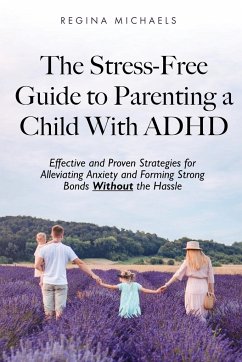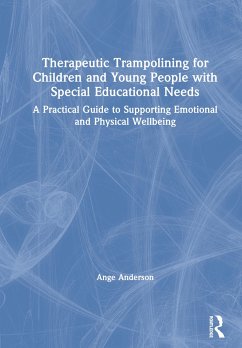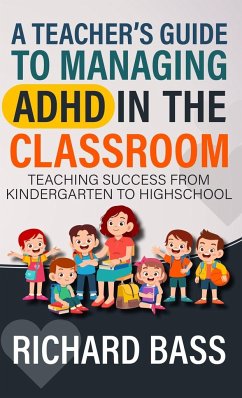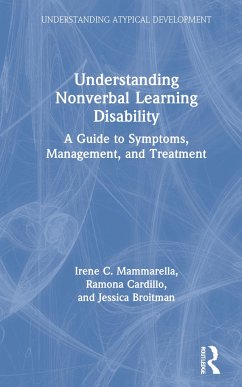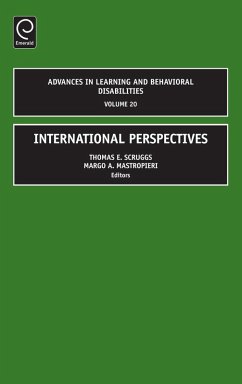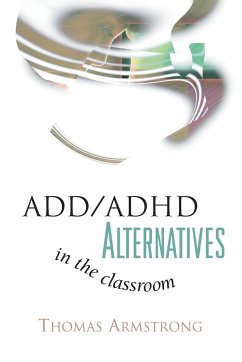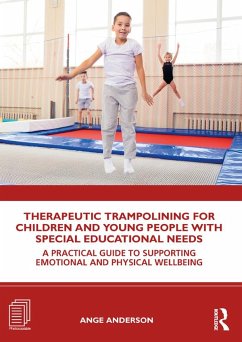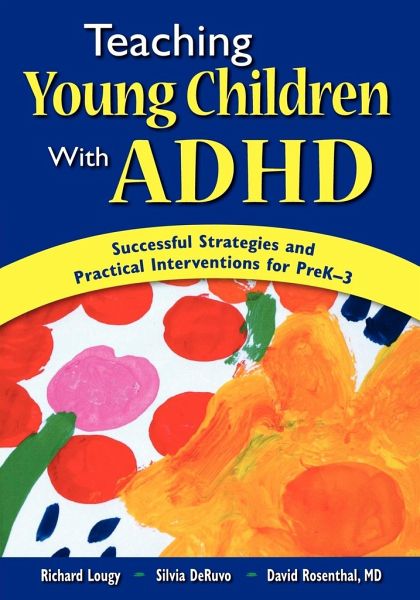
teaching Young Children with ADHD
Successful Strategies and Practical Interventions for PreK-3
Versandkostenfrei!
Versandfertig in 1-2 Wochen
28,99 €
inkl. MwSt.

PAYBACK Punkte
14 °P sammeln!
Though many books exist to help teachers of school-age children with ADHD, not much has been written with the early childhood educator in mind. This unique book is specifically written for preschool and early elementary educators. Its focus is not to discuss guidelines for diagnosing ADHD in young children, but to provide PreKû3 teachers with a better understanding of the disorder, how to recognize it, and how it impacts both social-emotional and educational development. Children who exhibit ADHD behaviors need early educational support to minimize learning challenges and classroom disruption...
Though many books exist to help teachers of school-age children with ADHD, not much has been written with the early childhood educator in mind. This unique book is specifically written for preschool and early elementary educators. Its focus is not to discuss guidelines for diagnosing ADHD in young children, but to provide PreKû3 teachers with a better understanding of the disorder, how to recognize it, and how it impacts both social-emotional and educational development. Children who exhibit ADHD behaviors need early educational support to minimize learning challenges and classroom disruption. The authors present a variety of strategies for classroom adaptations (both environmental and instructional), as well as practical interventions to develop appropriate social skills, manage classroom behavior, help children with ADHD master the particularly challenging task of writing, and communicate effectively with parents. One chapter reviews what teachers should know about medications and how they affect behavior in the classroom. An extensive Resource section at the end of the book offers detailed profiles of children in preschool and primary grades diagnosed with ADHD. Though this book has been written to help children who struggle with attentional issues, teachers will find the strategies applicable for all children in their classrooms.







